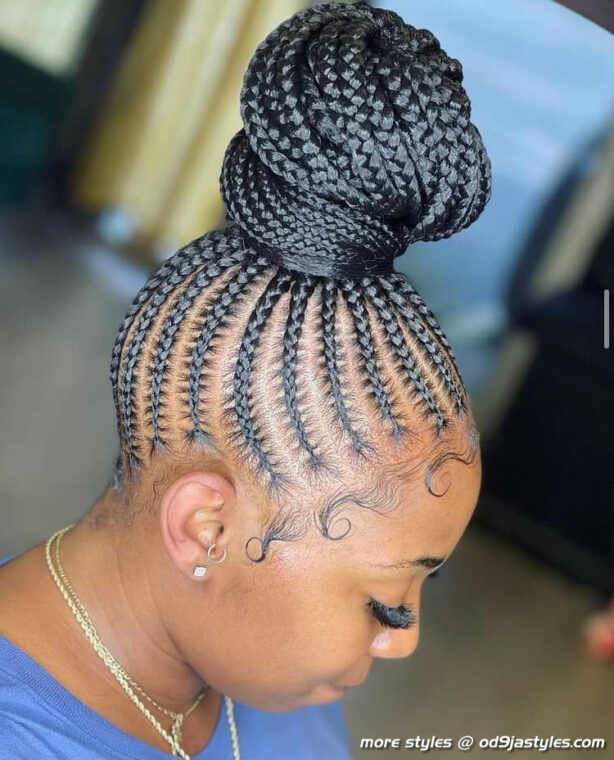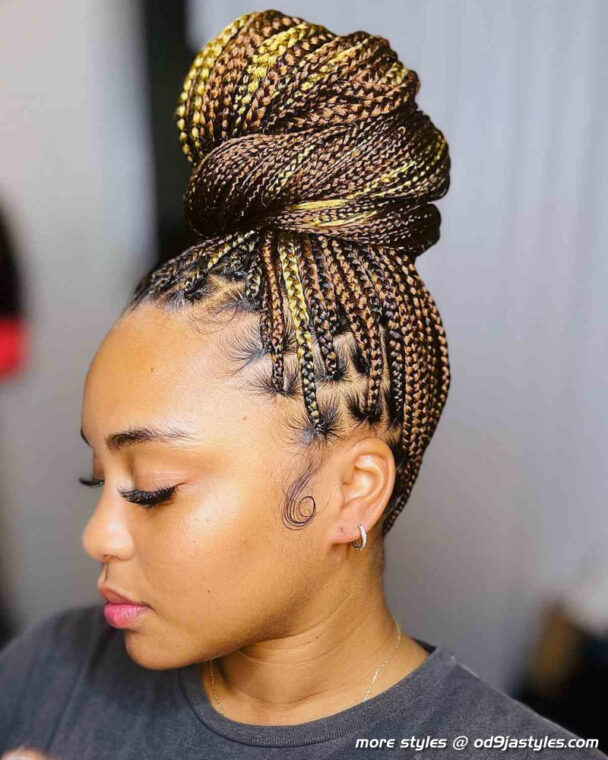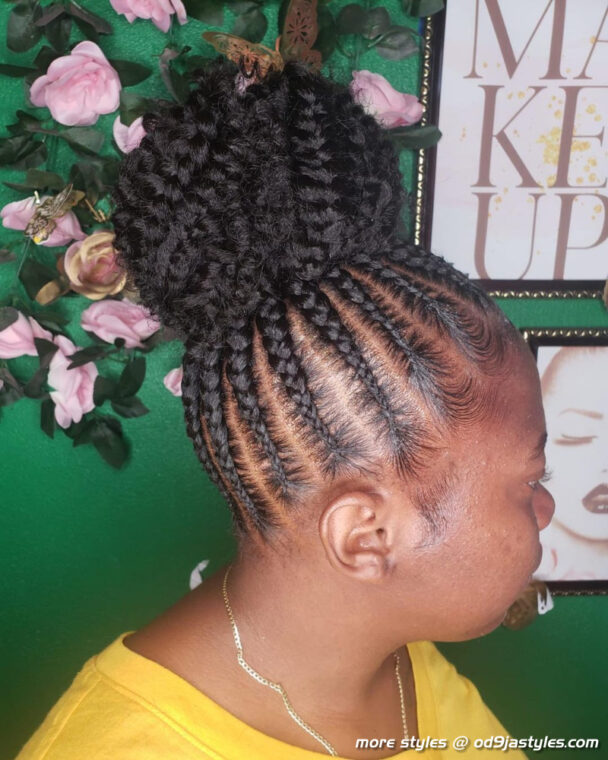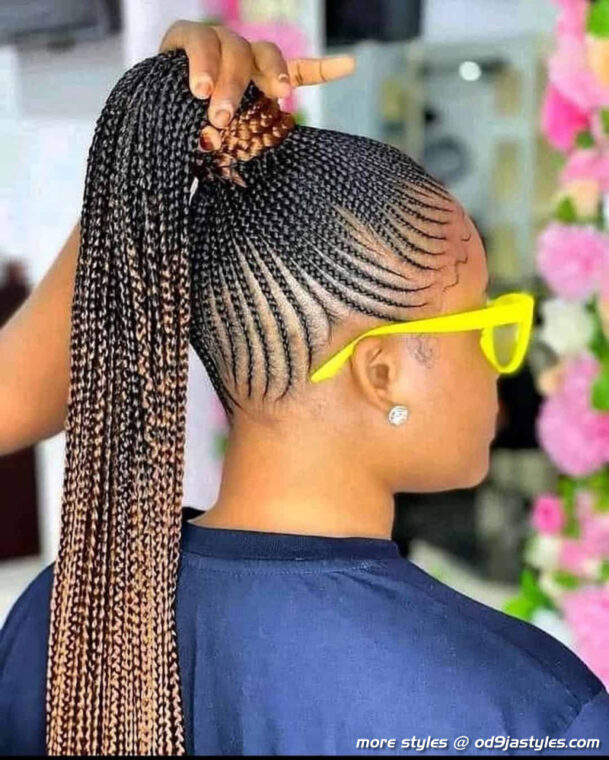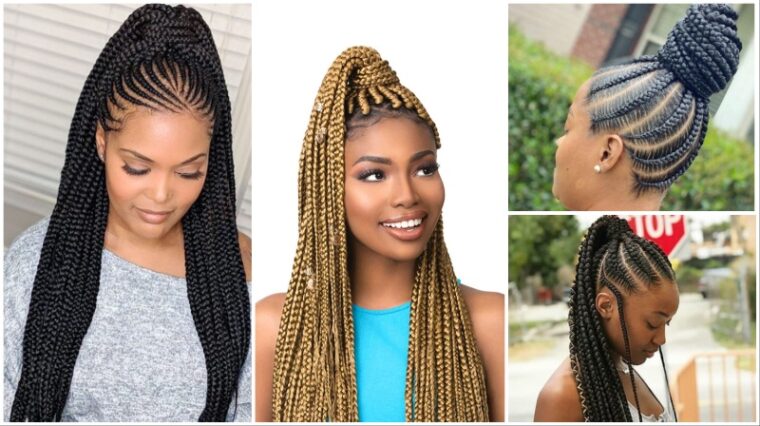Braided updos are a great option for long-haired women who wish to experiment with new styles. They’re simple to make and may be adapted to fit your personal taste. Anyone can learn to braid with a few simple tips and methods, regardless of their skill level.
Braided updos are becoming an increasingly popular alternative to the use of hair extensions, wigs, and weaves on women. Hair extensions and weaves are both cumbersome and uncomfortably pricey alternatives to wigs.
Since of all the flat irons and straighteners that just don’t work well, and because my hair constantly looked like it had been washed, I decided to give up on hair styling. This led me to attempt different hairstyles, such as cornrows and braids.
If you’ve never done hair braiding before, you should absolutely give it a whirl! This is a collection of braids I’ve made for friends and family.
The following are a few examples of braided hairstyles to inspire you.
Braided Updos
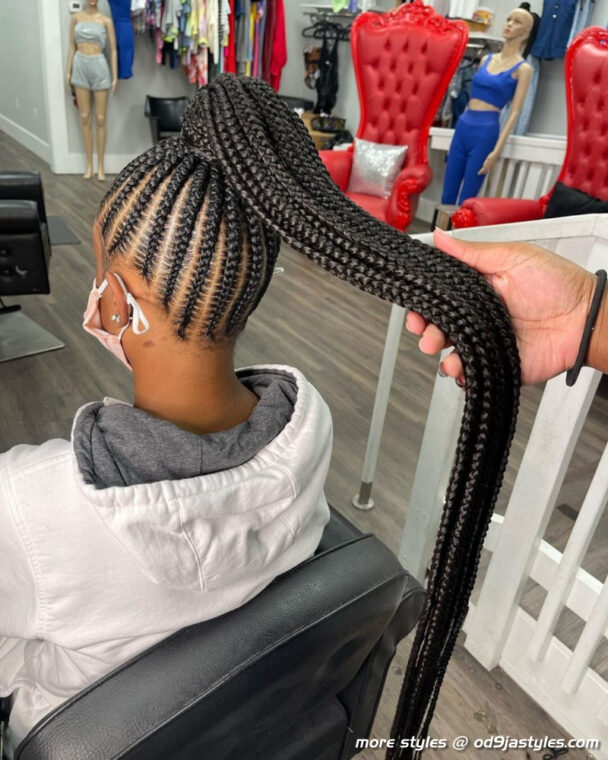
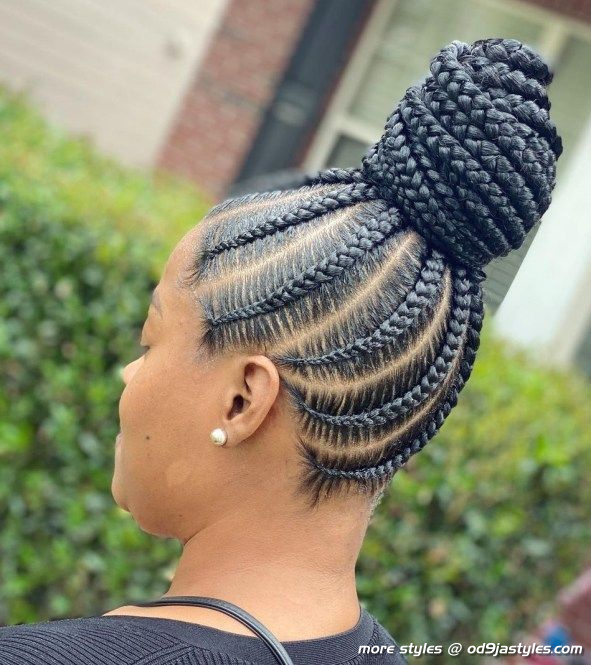
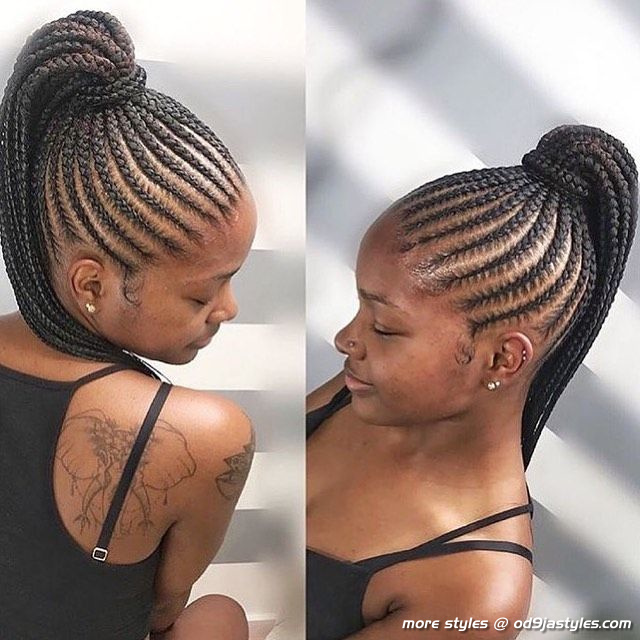
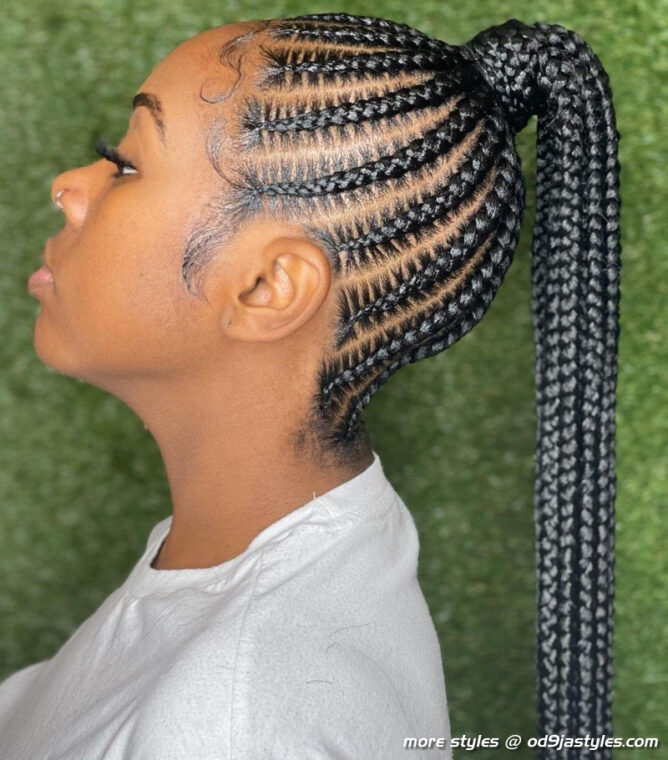
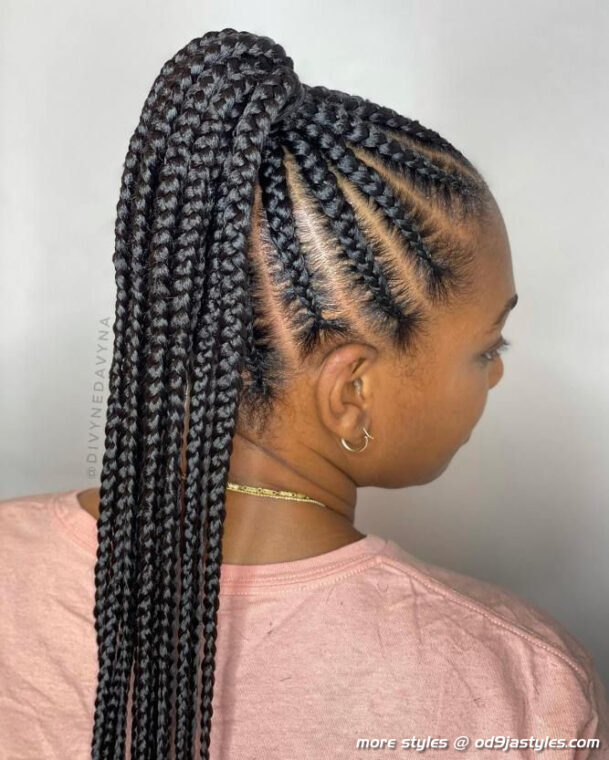
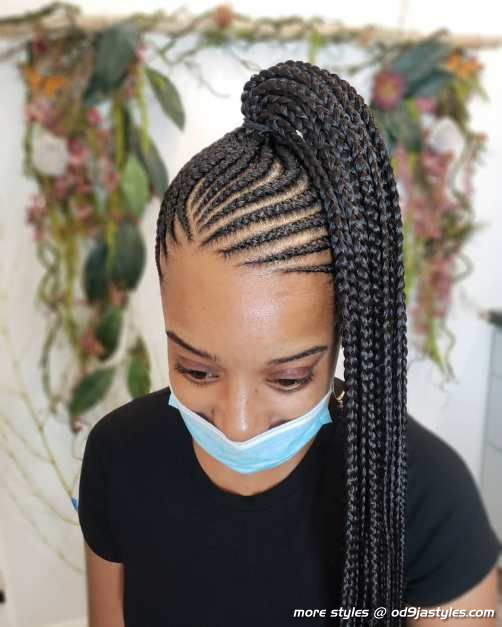
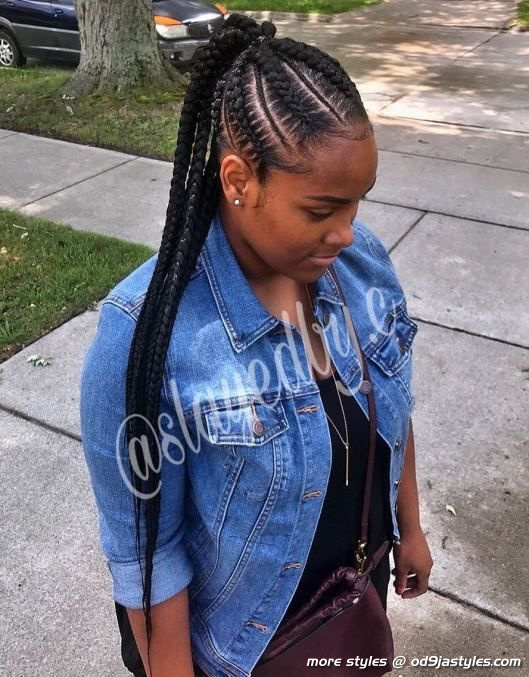
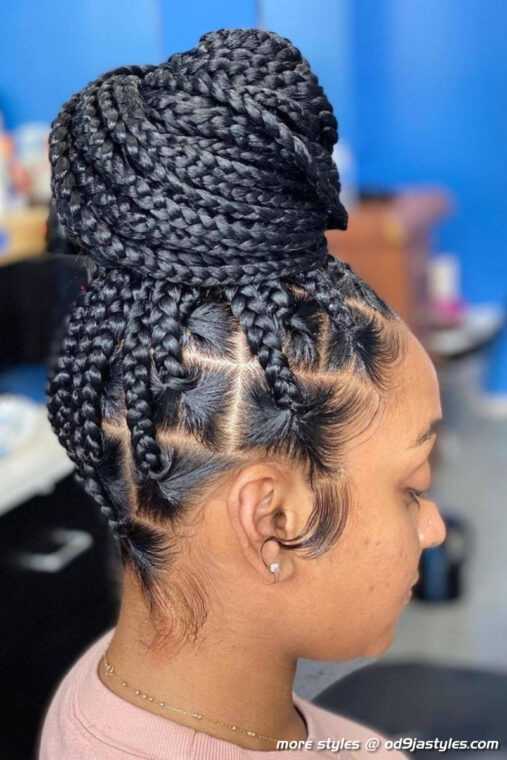
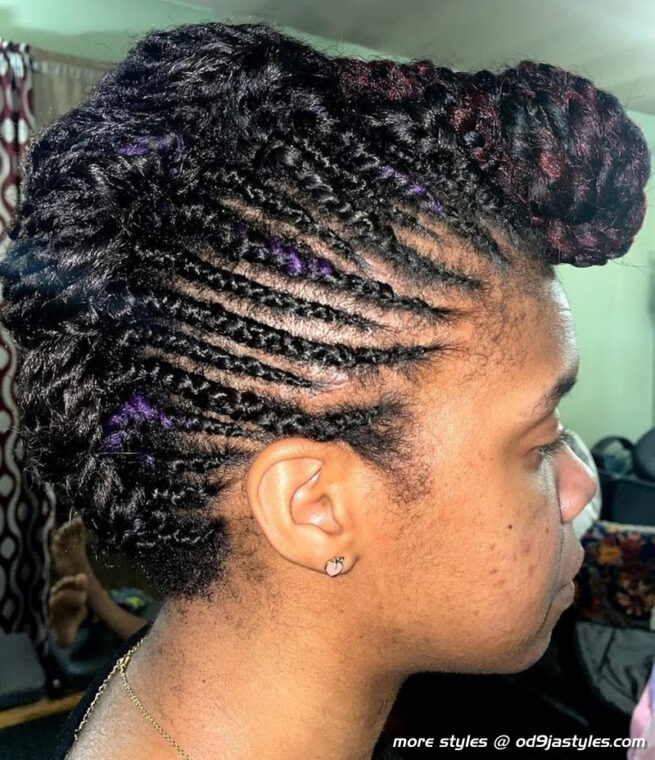
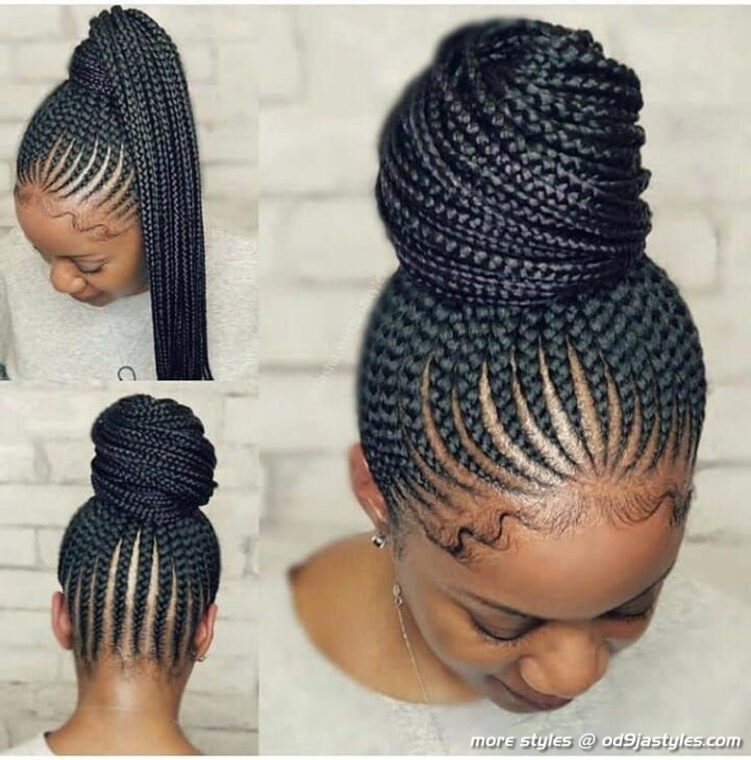
This season, braided updos are more popular than ever before. Whether it be a fishtail braid, a waterfall braid, or simply your daily three-strand braid, this itty-bitty touch of flare may be applied to practically any style to give it an updated appearance. This includes the fishtail braid, the waterfall braid, and the everyday three-strand braid. Take a look at some of the most famous braided updos, and you’ll discover how to transform an everyday updo into a really fashionable and stylish appearance.
Best Braided Updos
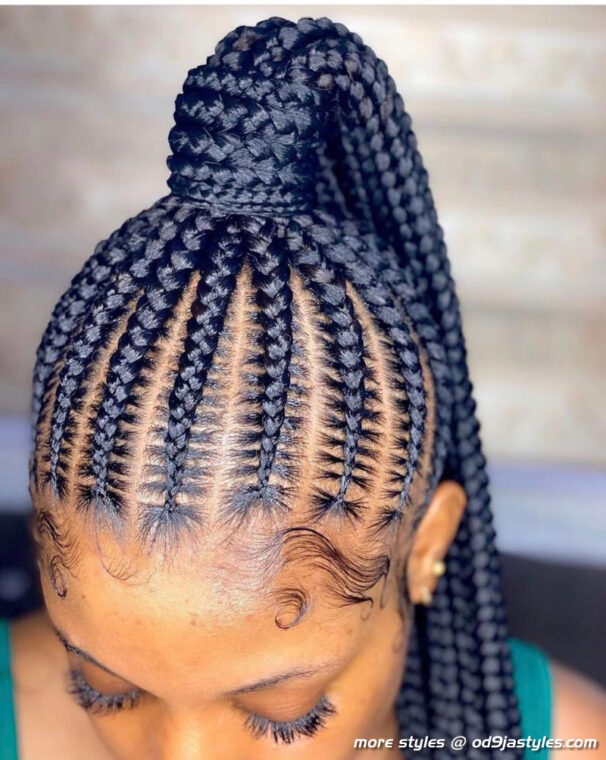
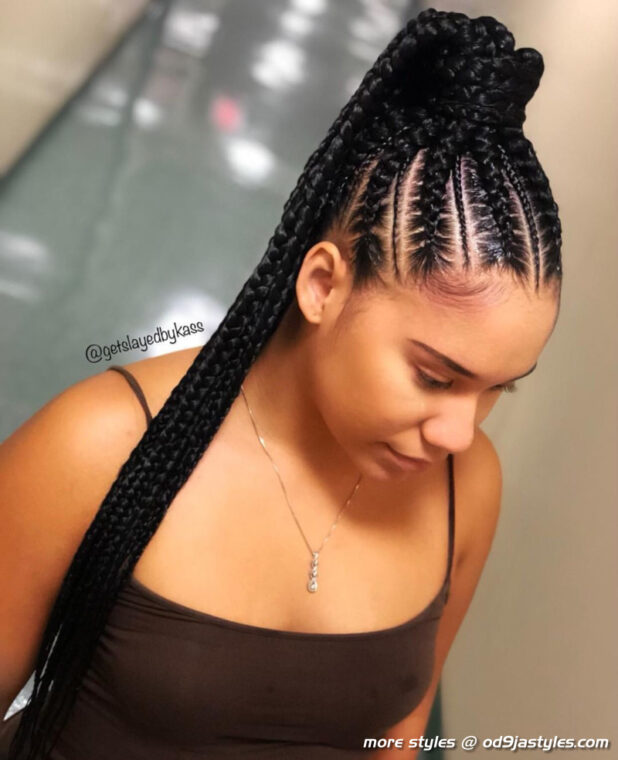
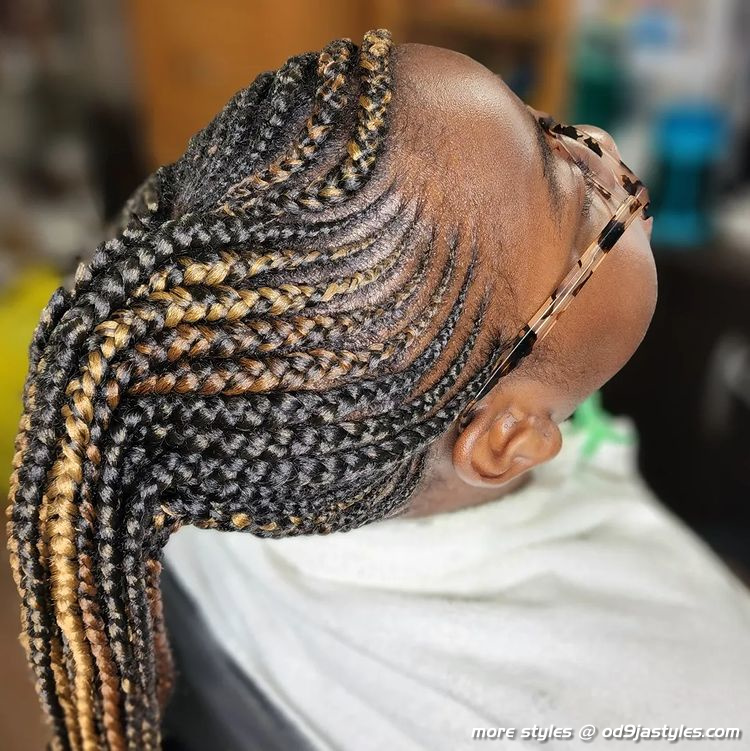
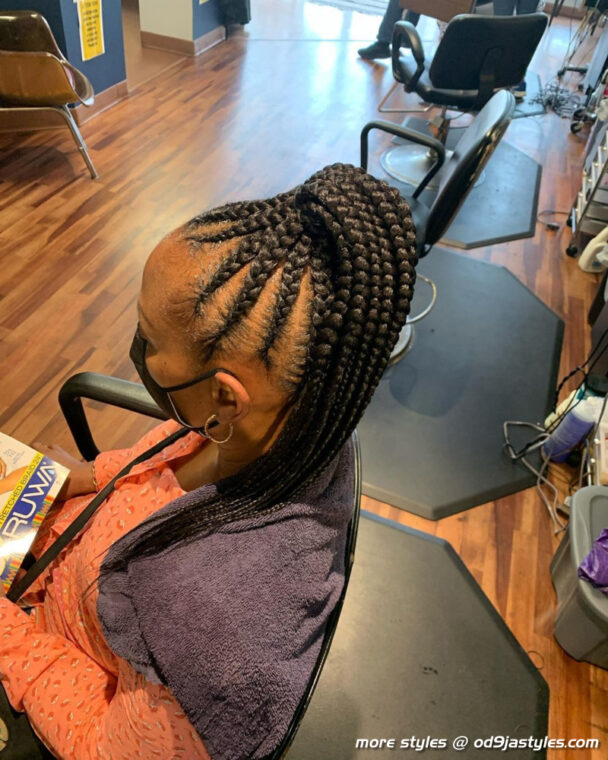
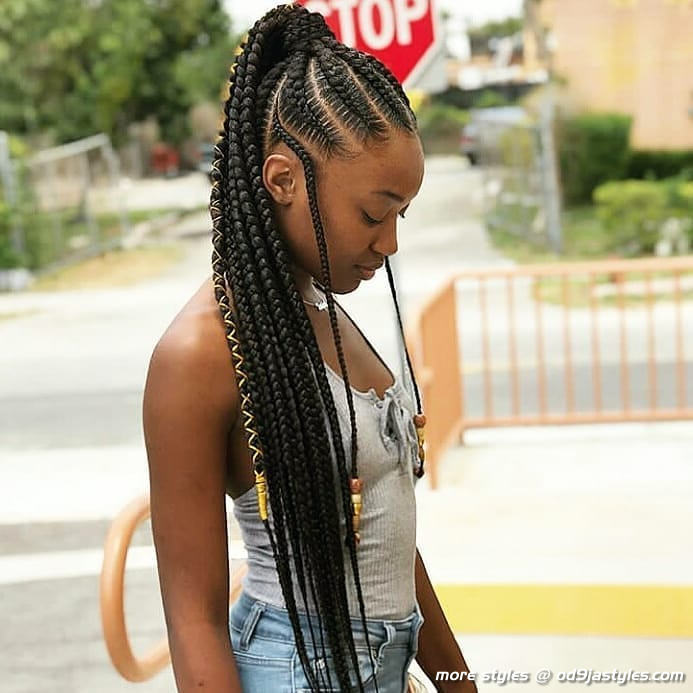
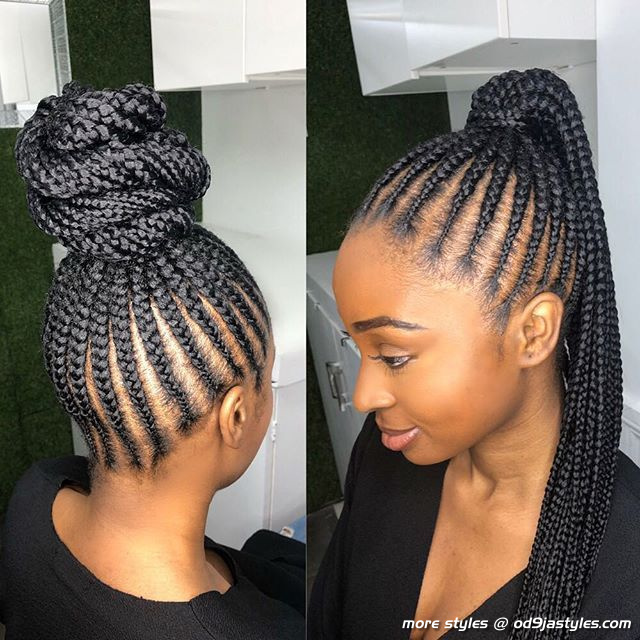
How many types of braids are there?
The four types of braids are regular braid, fishtail braid, French braid, and Dutch braid.
In this section, you will learn about four types of braids. There are many different kinds of braids out there. Some of them are used to tie hair into a style while others are used to decorate hair. Most of the braids are made out of human hair. Others are made from synthetic material.
Regular braid:
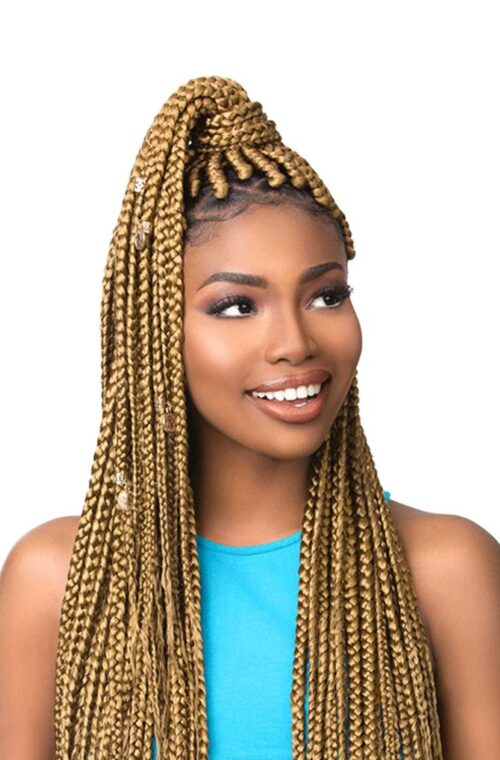
This is the most basic kind of braid. It is done by twisting two strands of hair together. It can be done with one strand of hair, but two strands are more secure. It can be done with any length of hair. It is usually tied using a rubber band. It is very easy to make and it lasts for a long time. Regular braid is the easiest type of braid to learn.
Fishtail braid:
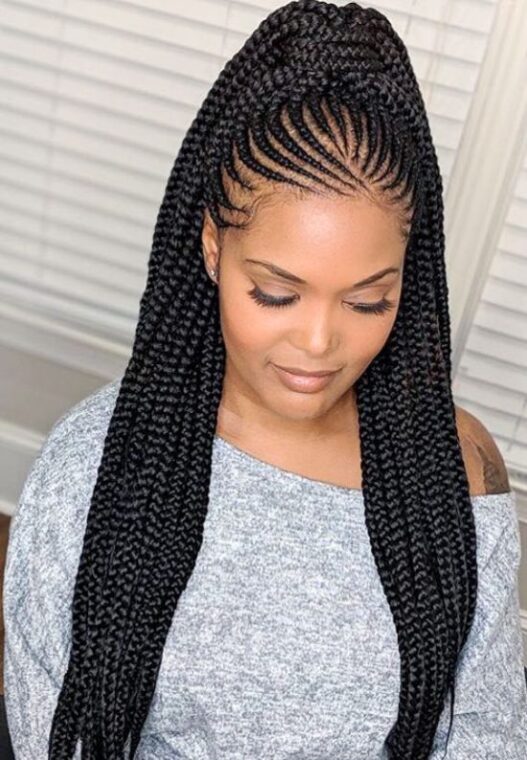
This is the second type of braid. It is done by wrapping a section of hair around itself. Then, the tail of the braid is wrapped around the top of the braid and pulled tightly. The result is a fishtail braid. It can be done with either one or two strands of hair. It is a variation of the regular braid. The difference is that it looks like a fishtail. Fishtail braids can be done with any length of hair.
French braid:
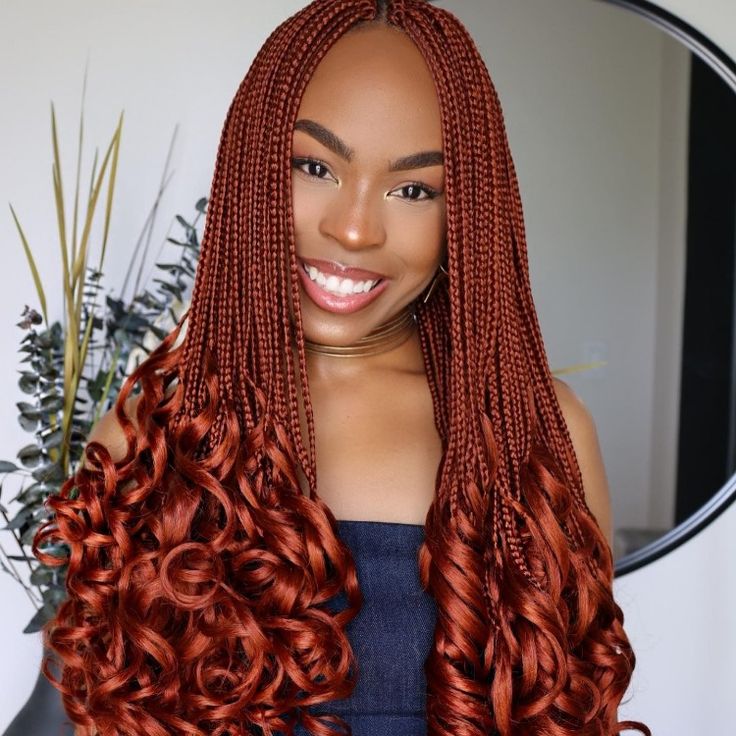
A French braid is done with one braid wrapped over another. It is called a French braid because it resembles the French braid hairstyle. The French braid is usually done with very long hair. If you are going to do a French braid, you should try it out first on a small section of hair. Once you are familiar with the technique, you can start doing it on a larger section of hair.
Dutch braid:
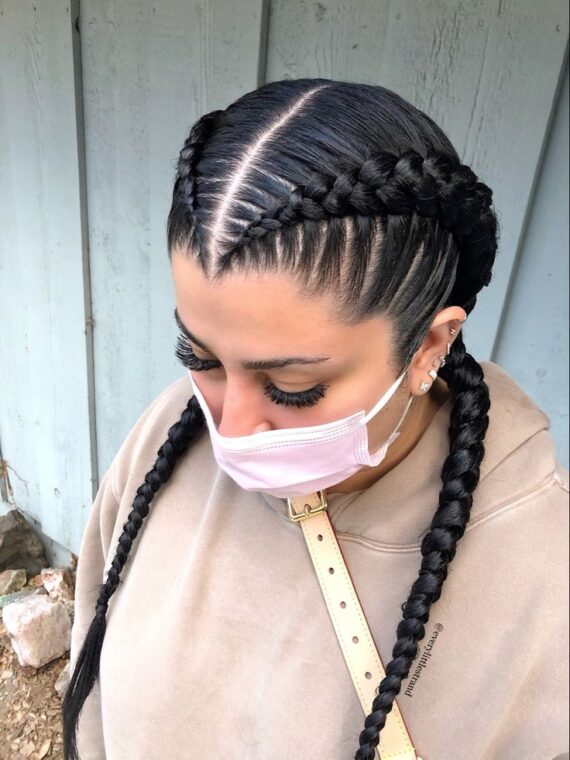
The Dutch braid is similar to the French braid, but the two braid styles are done differently. A Dutch braid is made by taking two sections of hair and wrapping one over the other. This style is usually done with short hair. It looks like two loops. It is often used to create an updo or a side bun. It’s a great style for making hair look thicker and fuller. It also adds volume to your hair.
See Also: 30 Super Gorgeous Braided Hairstyle Inspiration For Stylish Ladies
The Dutch braid is very versatile. You can use it to make your hair look thicker, longer, and fuller. This is why it is considered a great hairstyle for women.
You can use the following tips to learn how to do the Dutch braid.
Tips:
Make sure that you have long hair. If you have short hair, you should cut your hair to a certain length. You should also keep the top of your head free of any tangles.
